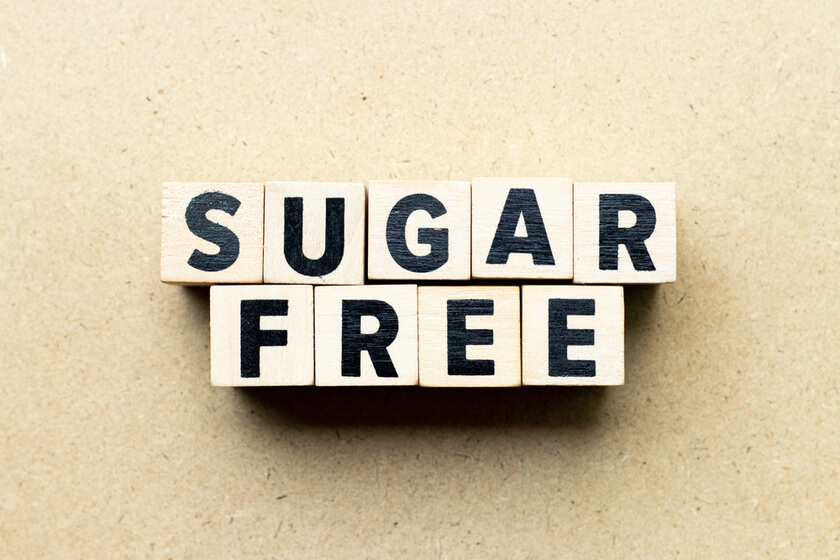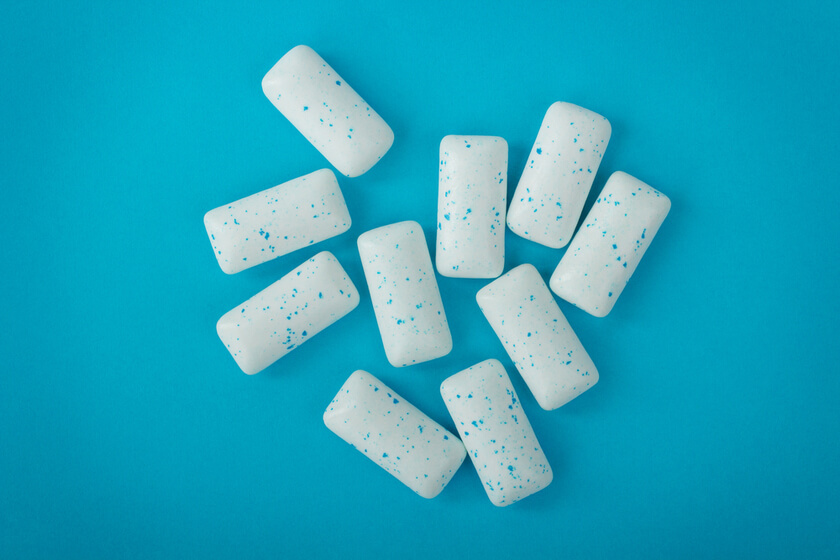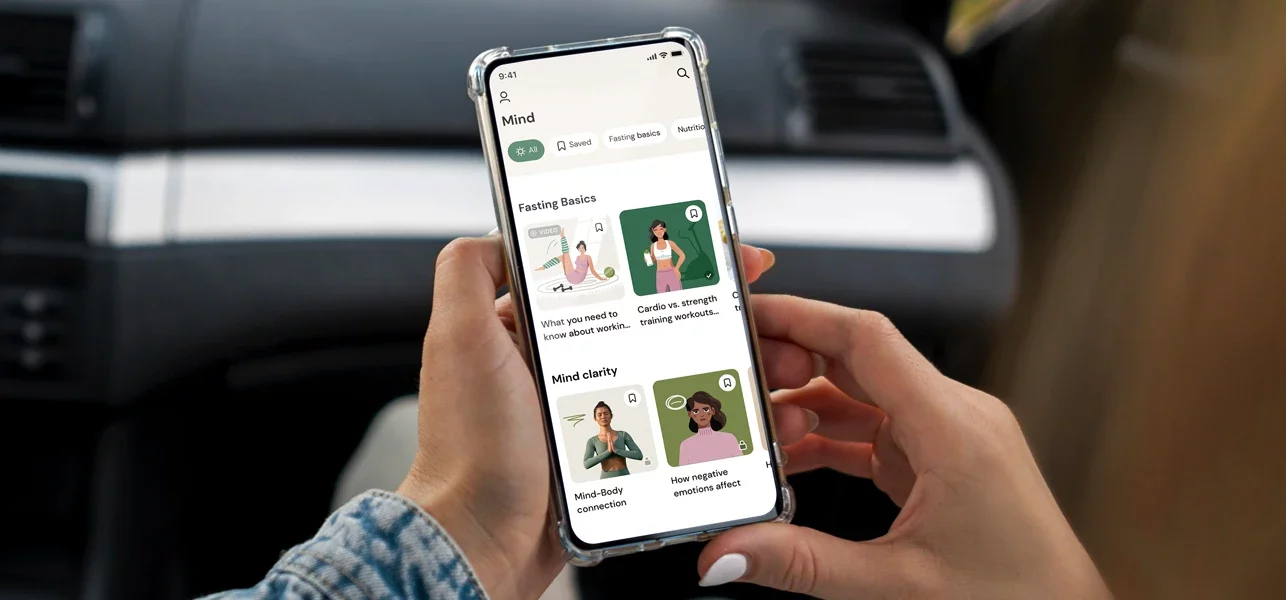Can You Chew Gum and Still Get the Benefits of Fasting?

Intermittent fasting generates many questions; one of them is whether you can chew gum without losing the benefits of fasting.
Chewing gum can help us fight the anxiety from going so many hours without eating.
We are even used to having a piece of gum in our mouth just out of boredom. Moving the jaw seems to be an excellent way to concentrate on work, doesn’t it?
Let’s see if it is beneficial or not during intermittent fasting.
Can I Chew Gum While Fasting?
Can you do it? Yes. Will chewing gum break a fast? Yes. But, that’s only a very technical way of looking at it, since in theory, all foods break the fast.
The thing about chewing gum is that it is so low in calories that the metabolic response is negligible. So you don’t have to worry about eating one or two pieces of gum during the day.
You should be careful to select sugar-free gum or very low-sugar gum.

Advertisement
Avoid large pieces of gum that may contain a lot of sugar and dyes, especially if you plan to eat more than two during the day.
Does Gum Break a Fast?
It does break it, but that doesn’t mean you will lose its benefits.
To lose the benefits of fasting, you need a significant amount of calories, and one piece of gum may contain barely 10–11 calories.
If you choose sugar-free gum options, which are more recommended, you will consume fewer calories. This may avoid stimulating insulin response.
Any food that is capable of stimulating an insulin response breaks the fast.
The exception to this rule is to consume foods rich in healthy fats in small amounts as they are metabolized differently. They are even beneficial if you are fasting and doing a keto diet simultaneously.
Does Gum Contain Calories?
Yes, depending on the brand of gum, you will find that it has different amounts of calories. That’s why it’s essential to read the product labels before you buy them.
A small piece of gum of approximately 2–3 grams can contain up to 11 calories. But there is a wide variety, and you will find some that have more than 20 calories.

Those numbers may seem insignificant; the problem comes when you spend all day eating one piece of gum after another.
If you buy a 20-calorie pack of gum and eat 5 pieces a day, you’re eating 100 calories without even realizing it. That amount does break a fast.
What Should I Read on the Chewing Gum Label to Know if It Is Safe?
Chewing sugar-free gum will help you endure the fasting hours, but select a brand that does not contain harsh ingredients such as:
– BHT (Butylated hydroxytoluene)
– Artificial food dyes: Red #40, yellow #5, yellow #6
All these are additives to preserve and soften the gum and give it color. Yellow #5 can cause allergies and headaches.
Select sugar-free gum that is sweetened with stevia, monk fruit, or sugar alcohols. The latter contains less than 3 calories per gram, but do not abuse them. Sugar alcohols tend to cause gastrointestinal problems such as bloating and diarrhea.

Your Personal Intermittent Fasting App
- Progress tracker and calendar
- Calorie tracker
- More than 5,000 healthy recipes
- Training routines
- Daily motivation and tips
- Water intake targeting
- Daily caloric intake tracker
Does Chewing Gum Affect Blood Sugar?
It can cause a rise in blood sugar levels if eaten in large quantities. Remember that even though a single piece may contain few calories, if you eat too many during the day, you will raise your blood sugar level.

As blood sugar rises, insulin levels rise and break into the bloodstream to mobilize it throughout the body’s tissues or use it for energy. This process breaks the fast.
The main focus of intermittent fasting is to maintain a state of autophagy during the fasting window. If you can meet the required fasting hours according to your chosen method, you will be burning fat as energy. Achieving this will help you lose weight in a short time.
Options such as sugar-free black coffee and green tea will always be more nutritious to avoid cravings.
On the other hand, if the intermittent fasting method is more strict, chewing gum is not allowed since it provides calories. And, even if it is a minimal amount, strict intermittent fasting only allows water during fasting hours. You can also try sparkling water.
A Word From RD
Improved health and a boost for your immune system. Sounds great, right? Then you should try fasting!
Of course, health should be the primary goal every time you start a diet. Intermittent fasting is no exception.
While it is true that chewing gum can help fight anxiety, it is advisable to check the ingredients first. Not everything that says “sugar-free” is healthy.
Artificial sweeteners such as aspartame and sodium cyclamate are controversial. They are often linked to different health problems.
Sugar-free sweeteners such as xylitol, maltitol, and sorbitol are common ingredients in chewing gum. You can eat one or two gum sticks with these ingredients, but if you eat one after another, you can suffer from gastrointestinal discomfort.
The same goes when you are on your eating window: avoid non-nutritive sweeteners in your food, consume lots of healthy fats, fiber, and whole foods to get the best result.
Remember that only your doctor can provide medical advice, so consult with your doctor before starting a new diet
Can Chewing Sugar-Free Gum During Intermittent Fasting Reduce Cravings?
Yes, you can chew one stick of gum with confidence. You should keep in mind that it contains calories and that each piece you put in your mouth adds up.
If you chew too many pieces during the day, you will be breaking your intermittent fasting.
The trick to not losing the benefits of intermittent fasting is to choose sugar-free gum that is also free of harmful ingredients. There’s no joke in taking away your sugar cravings but ending up with abdominal cramps due to excess artificial sweeteners.
You can chew sugarless gum if you have a sweet tooth and begin to have anxiety during the fasting period. Read the label and choose an option with stevia or monk fruit to avoid raising your insulin levels.
Keep your gum consumption moderate and curb hunger to complete successful fasting.

Your Personal Intermittent Fasting App
- Progress tracker and calendar
- Calorie tracker
- More than 5,000 healthy recipes
- Training routines
- Daily motivation and tips
- Water intake targeting
- Daily caloric intake tracker







Comments (0)